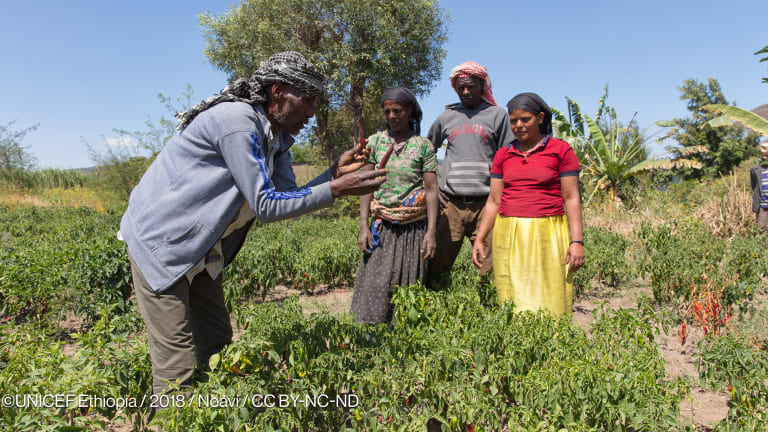Opinion: 5 demands for more climate-resilient food systems in 2023
In 2022, unpredictability and overlapping crises became the new normal — from the never-ending pandemic, to the war in Ukraine, to increasing floods and droughts across Africa driven by the climate catastrophe. It was also a year of what the World Food Programme called “unprecedented hunger.”
At the same time, we saw increased attention on food systems, which gave many of us hope that it would be the year for a real shift toward more resilient and sustainable approaches to how we grow, produce, and distribute food. Specifically, we hoped for the widespread adoption of agroecology models — that work in sync with nature — over industrial agriculture.
Yet, as world leaders gathered to discuss solutions to the climate crisis at the 27th United Nations Climate Change Conference, the voices of Africa’s small-scale farmers were again sidelined in favor of corporate interests, techno fixes, and false solutions deceptively labeled “climate-smart” agriculture.
Search for articles
Most Read
- 1
- 2
- 3
- 4
- 5








